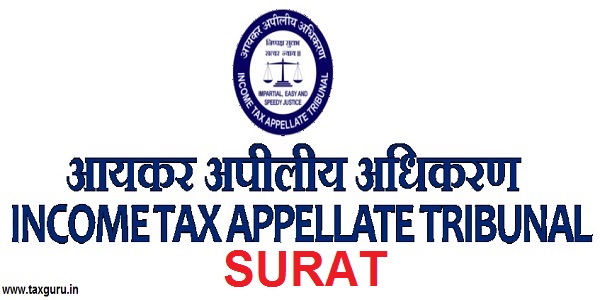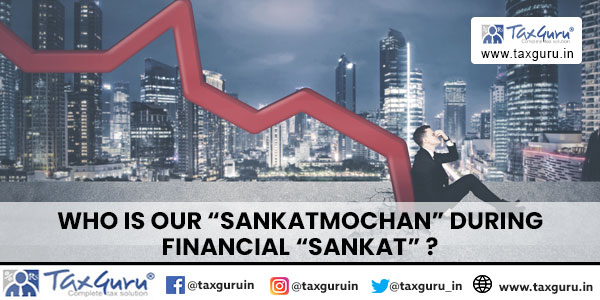CS Shruti Patwardhan

In US for the first time, with the enactment of the Sarbanes-Oxley Corporate Reform Act of 2002, internal and external whistle-blower protection was extended to all employees in publicly traded companies. In India, Companies Act, 2013 raised need to establish Vigil (Whistle Blower) Mechanism which aims to provide a channel to the Directors and employees to report genuine concerns about disreputable behaviour, actual or suspected fraud or violation of the Codes of Conduct or policy. Therefore certain classes of companies are required to adopt a Code of Conduct for Directors and Senior Management Personnel which lays down the principles and standards that should govern the actions of the Directors and Senior Management Personnel.
Now let’s understand the requirement, administration and functioning of Vigil (Whistle Blower) Mechanism as detailed under Companies Act, 2013 read with the Companies (Meetings of Board and its Powers) Rules, 2014.
Mandatory requirement for establishment of Vigil Mechanism:
As per Section 177(9) of Companies Act, 2013 read with the Companies (Meetings of Board and its Powers) Rules, 2014 following companies are mandatorily required to establish Vigil Mechanism:
i) All the listed companies ;
ii) Companies which accept deposits from the public;
iii) Companies which have borrowed money from Banks and public financial institutions in excess of fifty crore rupees.
The details of establishment of Vigil mechanism is required to be disclosed by the company in the website of the Company, if any, and in the Board’s Report.
Administration of Vigil Mechanism:
1. Companies having established Audit Committee: The companies which are required to constitute an audit committee shall oversee the vigil mechanism through the committee and if any of the members of the committee have a conflict of interest in a given case, they should recluse themselves and the others on the committee would deal with the matter on hand.
2. Other companies which do not require to have Audit Committee: In other companies, the Board of directors shall nominate a director to play the role of audit committee for the purpose of vigil mechanism to whom other directors and employees may report their concerns.
Functioning under Vigil Mechanism:
The vigil mechanism provides for adequate safeguards against victimization of employees and directors who avail of the vigil mechanism and it also provides direct access to the Chairperson of the Audit Committee or the director nominated to play the role of Audit Committee, as the case may be, in exceptional cases.
It is essential to note that in case of repeated frivolous complaints being filed by a director or an employee, the audit committee or the director nominated to play the role of audit committee may take suitable action against the concerned director or employee including reprimand.
Conclusion:
Now the Corporate(s) instituted rigorous policy to allow employees to bring unethical and illegal practices to the frontage to encourage openness. Although some of the companies already have a Whistle-Blower policy as a good corporate governance practice, other companies to which Vigil (Whistle-Blower) Mechanism is applicable have framed Whistle-Blower policy, adhered code of conduct and procedure for reporting the compliant to comply with section 177 of the Companies Act 2013 & Corresponding Rules. Recently few Indian companies have also started informing its employees through induction, training/ employee handbook.
(In case of any inconsistency or clarification/ suggestions, Author can be contacted for further details at csshruti2007@gmail.com)
Disclaimer:
The entire contents of this document have been prepared on the basis of relevant provisions and as per the information existing at the time of the preparation. This article is to have understanding of the requirement under Companies Act, 2013 reading along with Rule 14 thereof and not an advice; hence it should not be treated as such.





















Very Nice Aricle
Very nice article.